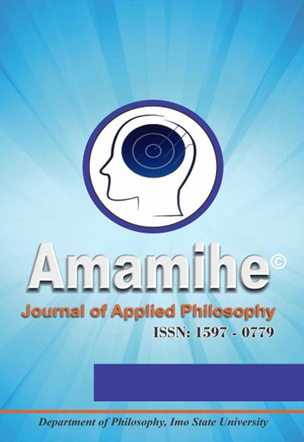
Vol. 22 No. 2, 2024
ABSTRACT
The integration of artificial intelligence (AI) technology in education has introduced numerous possibilities and benefits. However, it also raises ethical concerns that demand careful consideration. This research work explores the ethical implications associated with the implementation of AI in education. The work examines key ethical dimensions, including privacy and data protection, equity and bias, and the impact on the teacher-student relationship. The findings highlight the importance of transparency, accountability, and fairness in AI design and deployment. The work proposes a comprehensive framework to guide ethical Artificial intelligence implementation in education, emphasizing the need for robust policies, algorithmic transparency, and addressing biases. By proactively addressing these ethical considerations, educational stakeholders can ensure a responsible and inclusive educational environment that harnesses the potential of AI while upholding ethical principles. Artificial intelligence (AI) has revolutionized various sectors, including education. Its integration into educational systems has raised ethical concerns regarding privacy, autonomy, bias, and accountability. This paper delves into the ethical implications of artificial intelligence in education through philosophical perspectives. Drawing on the works of notable philosophers, it examines the moral considerations inherent in the use of artificial intelligence technologies in educational settings.
